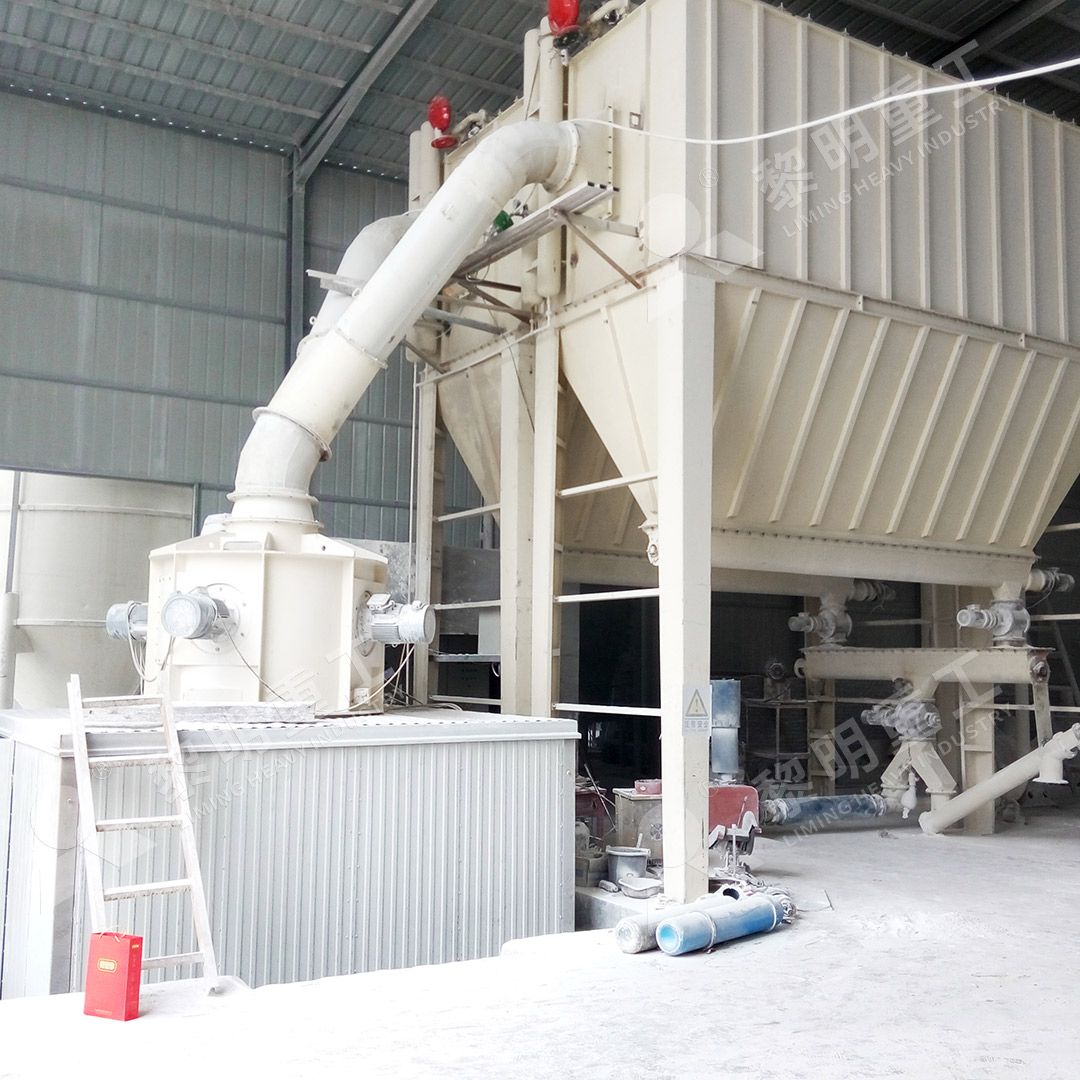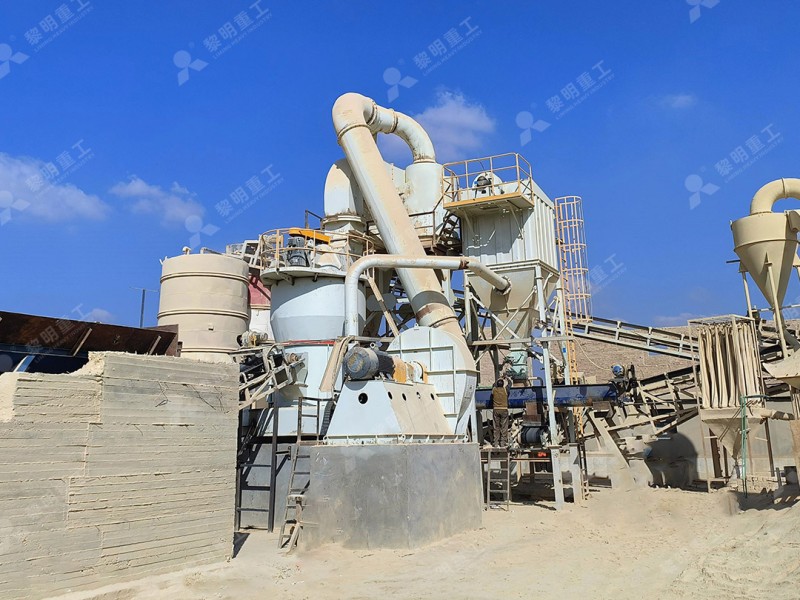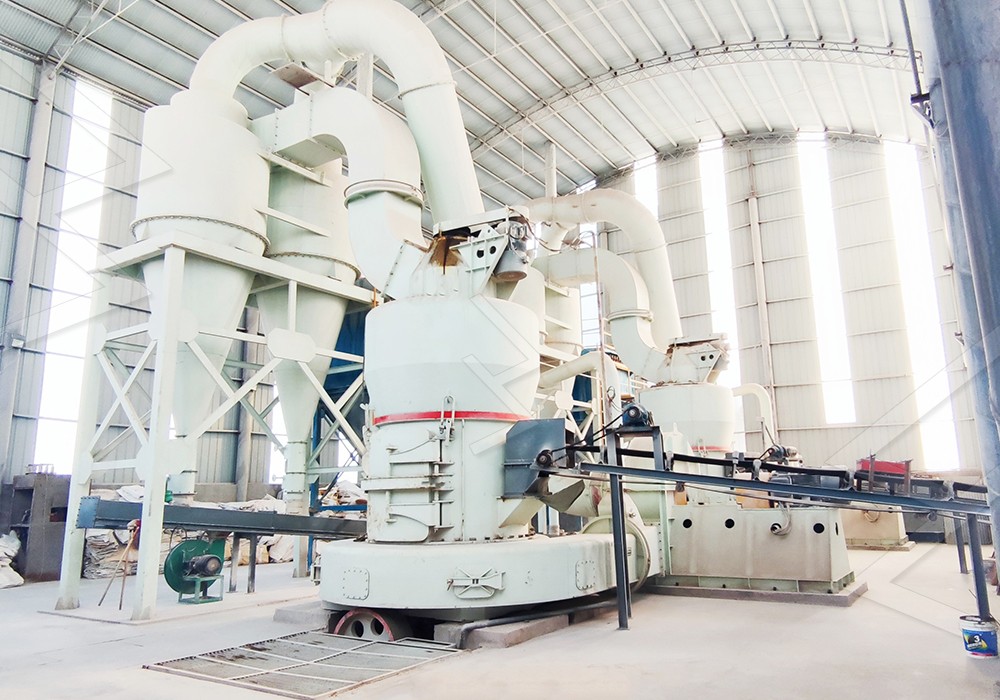Best Grinding Machines for Processing Dendrobium
We provide a wide range of mills — including Raymond mill, trapezoidal mill, vertical mill, ultrafine mill, and ball mill, obtained ISO9001 international quality certification, EU CE certification, and Customs Union CU-TR certification. Suitable for processing minerals such as limestone, phosphate, quicklime, kaolin, talc, barite, bentonite, calcium carbonate, dolomite, coal, gypsum, clay, carbon black, slag, cement raw materials, cement clinker, and more.
The discharge range of these mills can be adjusted to meet specific processing needs, typically from 80-400 mesh, 600-3250 mesh, and can achieve the finest particle size of up to 6000 mesh(D50).
If you are looking for a reliable grinding solution to turn stone or minerals into fine powder, please feel free to contact our online customer service.
Best Grinding Machines for Processing Dendrobium
Dendrobium processing requires specialized grinding equipment that can preserve the medicinal properties while achieving the precise fineness needed for various applications. The delicate nature of this valuable herb demands machines that operate at controlled temperatures, maintain product purity, and deliver consistent particle size distribution.
When selecting grinding equipment for dendrobium, processors must consider several critical factors: heat generation during milling, contamination risks, energy efficiency, and the ability to achieve ultra-fine powders while retaining bioactive compounds. Traditional grinding methods often fall short in meeting these requirements, making advanced milling technology essential for premium dendrobium products.

Key Considerations for Dendrobium Grinding
The thermal sensitivity of dendrobium compounds necessitates cooling systems during grinding to prevent degradation of active ingredients. Additionally, the equipment must prevent metal contamination and offer precise control over final particle size, which directly affects bioavailability in medicinal applications.
For processors seeking optimal results, the MW Ultrafine Grinding Mill represents a significant advancement. With an input size capability of 0-20 mm and capacity ranging from 0.5-25 tph, this machine is specifically engineered for delicate materials like dendrobium. Its innovative design features higher yielding with lower energy consumption – achieving 40% higher production capacity compared to jet grinding mills with the same fineness and power specifications.
Technical Advantages for Herbal Processing
The MW Ultrafine Grinding Mill’s adjustable fineness between 325-2500 meshes allows processors to tailor the powder characteristics specifically for dendrobium applications. The German-engineered cage-type powder selector ensures precise separation, while the absence of rolling bearings and screws in the grinding chamber eliminates common failure points and contamination risks.
What sets this equipment apart is its environmental compatibility. The integrated pulse dust collector and muffler system ensures dust-free operation and noise reduction, making the entire production process compliant with stringent environmental standards. This is particularly important for herbal processing facilities operating in regulated markets.

Operational Excellence in Herbal Manufacturing
Beyond the MW series, the LUM Ultrafine Vertical Grinding Mill offers another excellent option for dendrobium processing. With input size of 0-10 mm and capacity of 5-18 tph, this mill incorporates the latest Taiwanese grinding roller technology and German powder separating technology. Its unique roller shell and lining plate grinding curve generates material layers more effectively, ensuring high rates of finished products through single-pass powder milling.
The LUM model’s double position-limiting technology provides exceptional operational stability, preventing destructive impacts during vibration events. The reversible structure simplifies maintenance, allowing easy access to grinding components for cleaning and inspection – a crucial feature for herbal processing where cross-contamination must be avoided.
FAQ
What makes dendrobium grinding different from other herbal processing?
Dendrobium requires precise temperature control during grinding to preserve its delicate bioactive compounds. The thermal sensitivity demands equipment with efficient cooling systems and minimal heat generation.
Why is the MW Ultrafine Grinding Mill recommended for dendrobium?
This mill offers adjustable fineness between 325-2500 meshes, no internal screws or bearings that could cause contamination, and efficient dust collection – all critical for maintaining dendrobium’s medicinal quality.
How does the equipment prevent product contamination?
Both MW and LUM mills feature designs that eliminate metal-to-metal contact in grinding chambers and use advanced sealing systems to prevent external contaminants from entering the product stream.
What production capacity can I expect when processing dendrobium?
The MW Ultrafine Grinding Mill handles 0.5-25 tph depending on desired fineness, while the LUM Vertical Grinding Mill processes 5-18 tph, making both suitable for various production scales.

Are these machines suitable for GMP-compliant herbal facilities?
Yes, both models are designed with cleanability, minimal contamination risk, and documentation-friendly operation that supports Good Manufacturing Practice compliance in herbal product manufacturing.
